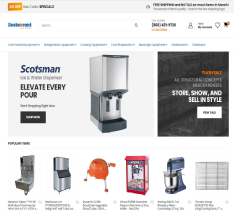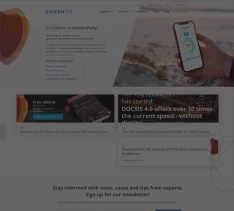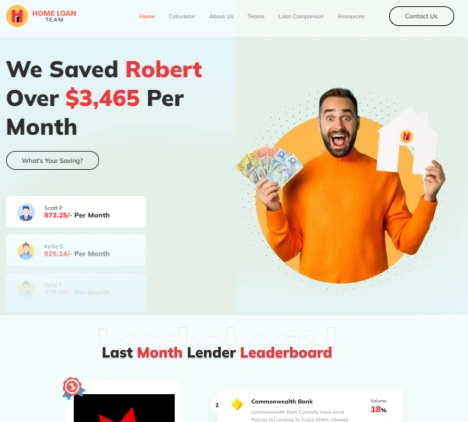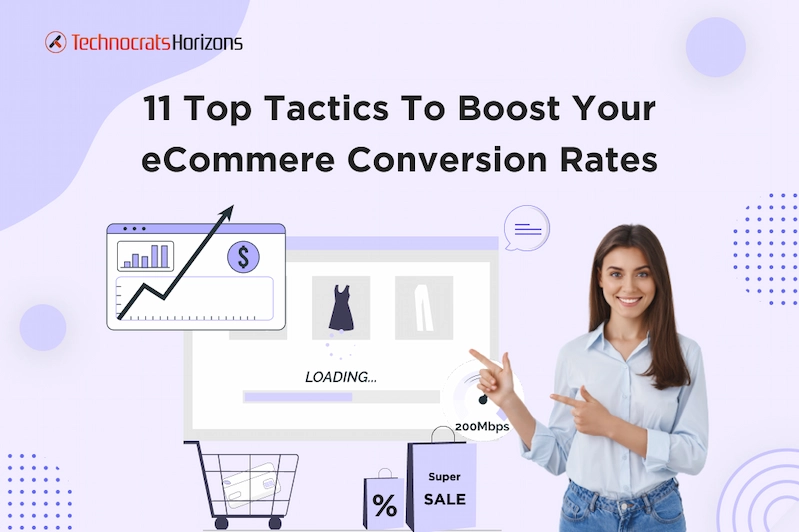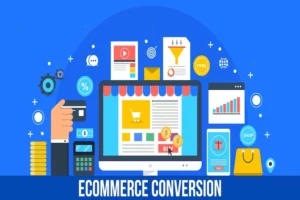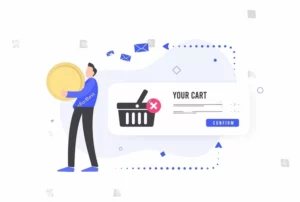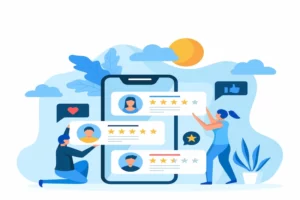Many eCommerce businesses face challenges when it comes to converting visitors into customers. Shockingly, it’s been estimated that up to 98% of website visitors leave without making a purchase. This significant figure represents a substantial loss for your company.
However, there are specific actions you can take to improve your website’s eCommerce conversion rate. The primary goal of your website should be to persuade visitors to convert by showcasing your credibility and convincing them that they have come to the right place.
So, how can you effectively persuade a number of visitors to choose your website over that of your competitors and make a purchase? The good news is that achieving this is possible, and that’s where we’ll focus in this blog post- exploring tactics that can help you boost your eCommerce conversions.
How To Calculate eCommerce Conversion Rate?
Let’s start with the basics: understanding and calculating the conversion rate. The conversion rate is simply the percentage of site visitors who convert over time, which means making a purchase in the case of eCommerce companies. Monitoring this rate is crucial; fortunately, calculating it is relatively straightforward.
To calculate your conversion rate, divide the total number of conversions during a specific time period by the total number of site visits within the same period. Then, multiply the result by 100 to obtain your conversion rate.
Furthermore, there are multiple analytics tools such as Google Analytics that can do this job for you. Set desired eCommerce conversion rate benchmarks and use these methods to track them.
11 Tested Techniques to Increase eCommerce Conversion Rate
Whether you’re establishing your store from scratch or have an online store that you’re delighted with, you can adopt these conversion-improving and sales-increasing methods.
You only need to make minor changes to your current content or design for a few of these tactics, but for others, you may need to use plugins, add-ons, or applications to expand the functionality of your store. In any case, they’re all rather simple to put into practice, and once done, they ought to continue to provide benefits.
1. Improve Your Website Loading Speed
If you want to be successful, your website must keep up with the lightning-fast pace of eCommerce. Customers typically don’t have the patience to wait around for your store to load properly; they expect websites to load quickly.
In actuality, a one-second delay in page load time can result in a 7% reduction in overall conversions.
The first step in determining how well your website is operating is to analyze your current loading speed. You can instantly evaluate your website’s loading speed using free tools like PageSpeed.
After you’ve evaluated your performance, it’s a good idea to verify your website hosting plan again or contact the company that provides your eCommerce platform. To resolve issues with your website and enhance the backend of your site, you can frequently engage directly with your platform provider.
2. Make a Page for Deals and Promotions
Customers frequently enter promotional codes in a box provided by eCommerce stores to avail of offers and discounts. However, when it doesn’t appear, a lot of shoppers leave their shopping carts and go searching for codes on Google. Sometimes they discover codes that are invalid, at which point they simply leave the website. In the worst case, they find a better offer on a rival’s website.
To prevent this from happening, one online retailer made a page on their website indicating that they didn’t even issue discount coupons. Instead, they used the occasion to highlight their price-matching policy, competitive cheap prices, free shipping on selected purchases, rewards program, and first-rate customer support. After establishing this page, the business saw 21,000 visitors and $1.58 million in sales.
Customers will be convinced to make purchases if you don’t include a promo code box in the first place, but instead, highlight the discounts you do offer and the advantages of doing business with you.
3. Utilize Effective Calls To Action
The single most obvious reason why the average eCommerce conversion rate decreases is retailers’ failure to concentrate on a clear call to action. A call to action (CTA) on landing pages instructs a visitor on what to do.
For instance, the CTA can urge a visitor to add a product to their cart when they arrive on your product pages. In another situation, the call to action (CTA) at the end of a blog post can be to buy a connected item or download further data.
Make sure each page or piece of content on your website has a single, obvious, and actionable call to action (CTA) to focus on. View your website from the perspective of giving a clear path to purchase.
4. Focus on Abandoned Cart Recovery
Cart abandonment is a very common occurrence in Online shopping.
An estimated 69.57% of carts are abandoned without a purchase being made.
However, you don’t necessarily have to say goodbye to these potential sales. You can quickly boost your conversion rate and secure additional cash by recovering abandoned carts using the immensely powerful instrument of cart abandonment emails.
To secure a conversion, send a strategic email that reminds a customer of the goods they were about to buy.
Cart abandonment emails typically have an open rate of 43% and a conversion rate of 10.7%, so there is a great possibility for more purchases.
Facing High Cart Abandonment? Get Expert Help!!
5. Write Good Product Descriptions
Tragically, many eCommerce companies ignore their product descriptions without recognizing how detrimental this might affect their conversion rates. The consumer journey is greatly impacted by your product descriptions. The product page is always an important step in this process. The product description is frequently your last chance to convert. Will a brand-new customer close the tab or click “Add to Cart”?
Your product descriptions must be both interesting and informative. A technical jargon-filled, dull product description won’t persuade a potential customer to buy; in fact, it may well turn them away. Ensure the following in your product descriptions:
- Concise, quick, and scannable
- Filled with important product details
- Clearly stated product type and product categories
- Focused on resolving particular consumer issues
- Written in keeping with the personality of your brand
- With a very clear call to action
6. Deploy a Live Chat Assistance Feature
A live chat feature on a website links a chatbot or customer support representative to assist with consumer inquiries. If you don’t have enough people to address all the queries visitors have, chatbots can deliver rapid answers to help solve their problems more quickly and improve the user experience.
Customer service contributes to credibility and trust-building. Check with your eCommerce platform first to see whether it has a built-in live chat option. If it doesn’t include live chat functionality, you can utilize a third-party software program like Zendesk.
7. Use Retargeting Ads and Marketing Strategies
Marketers memorize the marketing rule of seven as a general guideline. Simply expressed, it indicates that a potential buyer must encounter your brand at least seven times before acting to make a purchase from you. Retargeting is a type of online advertising that is based on this age-old idea. Retargeting advertising, as the name implies, targets specific groups of people who have visited your website but have not made a purchase.
By retargeting visitors on various traffic sources, you may quickly refocus the attention of website visitors who abandoned a purchase during their initial interaction with your brand:
- The customer left to shop around and compare pricing.
- The visitor initially intended to learn more about your company.
- The customer simply became preoccupied and neglected the items in their buying cart.
Retargeting advertising also has the additional advantage of increasing brand recognition because viewers are more likely to recall your brand after several interactions.
8. Optimize for Mobile and Tablets
It’s no secret that more people now own and use mobile devices than desktops, and they do so in significant numbers. Due to their portability and intimate nature, mobile devices are undoubtedly the closest you can get to the customer.
You run the risk of losing a lot of customers if your website doesn’t automatically resize to fit the screen that it is being viewed on. Moreover, a modification to Google’s algorithms (often known as “Mobilegeddon”) may make your website less effective if you don’t make it mobile-friendly.
You should definitely think about paying a respectable sum of money for a professional developer’s services or do it yourself with Shopify, the top eCommerce website building tool.
9. Build a Brand
Building a brand for your online store can enable you to connect with your target market and stand out from the crowd, two factors that can increase conversions. You want to avoid coming out as a typical eCommerce retailer. Instead, you ought to work to develop a brand that illuminates the essence of your company.
Consider who you are, why you’re in business and anything else that gives your company personality while developing your brand. The design of your eCommerce store, including the logo and colors, your about page, and the voice and tone of your content, can all be influenced by your brand.
Building a brand is especially crucial if you’re selling goods that are identical to or very comparable to those of your rivals. A powerful brand will leave a lasting impression on your visitors and encourage a good eCommerce conversion rate.
10. Add Reviews to Foster Trust
Have you been featured in noteworthy publications? Are any prominent social media influencers using your products? To establish credibility and foster confidence, place reviews beneath the primary information on your product page.
After all, 88% of buyers believe online reviews to be just as reliable as personal recommendations.
Product reviews are a terrific approach to allay clients’ concerns and provide the social evidence they require for them to click the “Add to Cart” button.
In fact, reading product reviews online has an impact on 9 out of 10 customers.
When it comes to persuading customers that a product is effective and worthwhile buying, positive product reviews can make all the difference. Reviews also assist people in making better choices regarding sizing, color, and other factors.
11. Make the Checkout Process Easier
The difficult checkout procedure is one of the key causes of potential clients leaving your website and abandoning their cart. It’s imperative to treat every customer as if it’s their first time using eCommerce. Making the checkout procedure as simple as you can enables you to assist potential clients in completing their purchases. Before they decide otherwise, you need to take them through the sales funnel; therefore, the checkout procedure must be swift.
Asking potential clients for the same information or redundant information repeatedly is one factor in excessive checkout complexity. For instance, you might ask for the customer’s zip code, state, city, and postal code all at once, which you can actually get using that information.
Seek Assistance from Our Experts For Higher Conversion Rates
Technocrats Horizons has finished hundreds of eCommerce projects across the globe in the last 12 years. Our multi-solution digital consulting teams are among the biggest and most comprehensive in the world. With the aid of our eCommerce services, you can create your eCommerce Store’s CRO boosting campaigns that are successful and boost revenue. We can assist you in setting up chatbots to act as a concierge for your clients, giving them a high-touch personalized purchasing experience and a smooth, low-cost client journey. Speak with our team of experts right away to boost your eCommerce website’s conversion rate.
Looking For eCommerce Solutions? We're Here!!
Ready to sell online and boost profits!
We have all the skills and experience in boosting online sales and improving user experience. Let’s begin this journey!


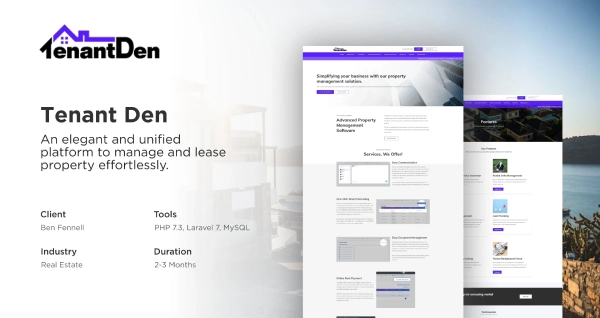

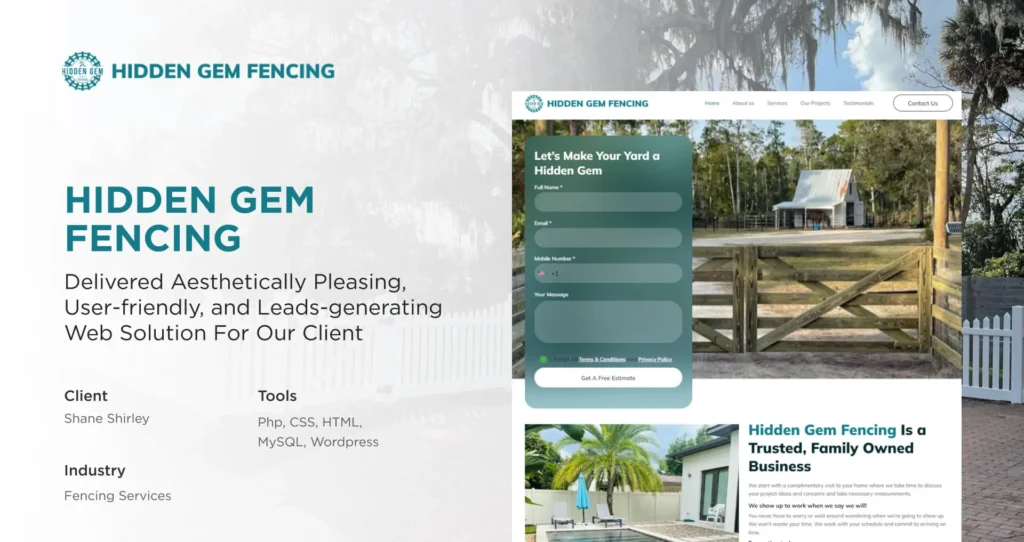
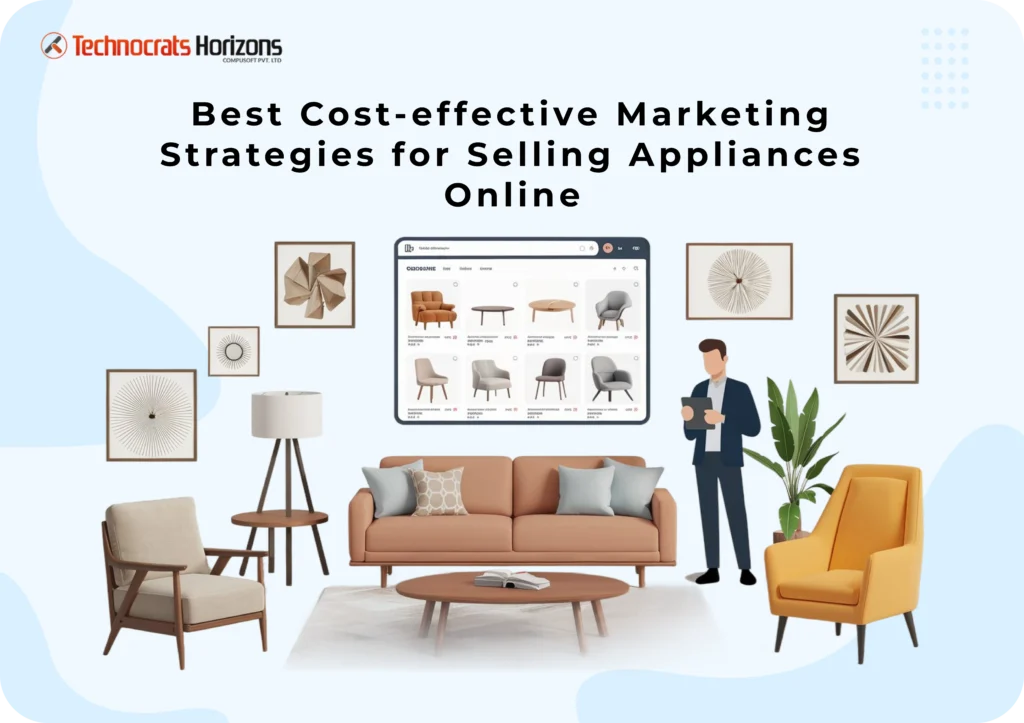


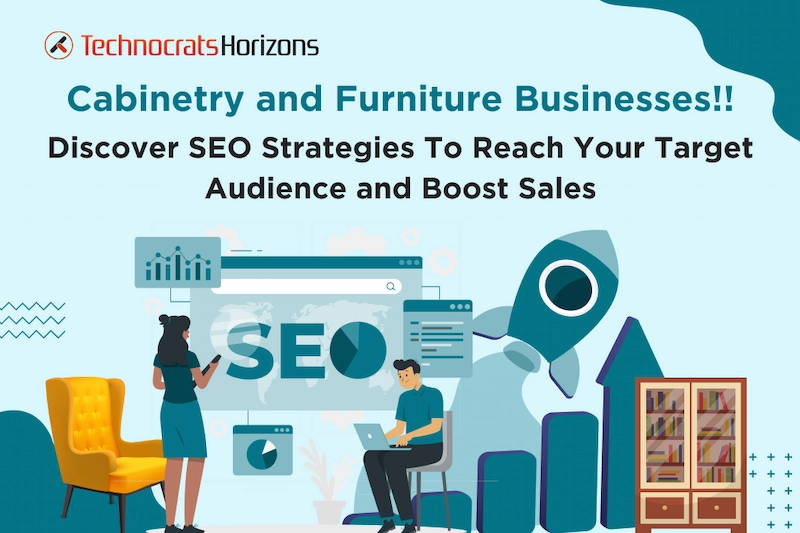

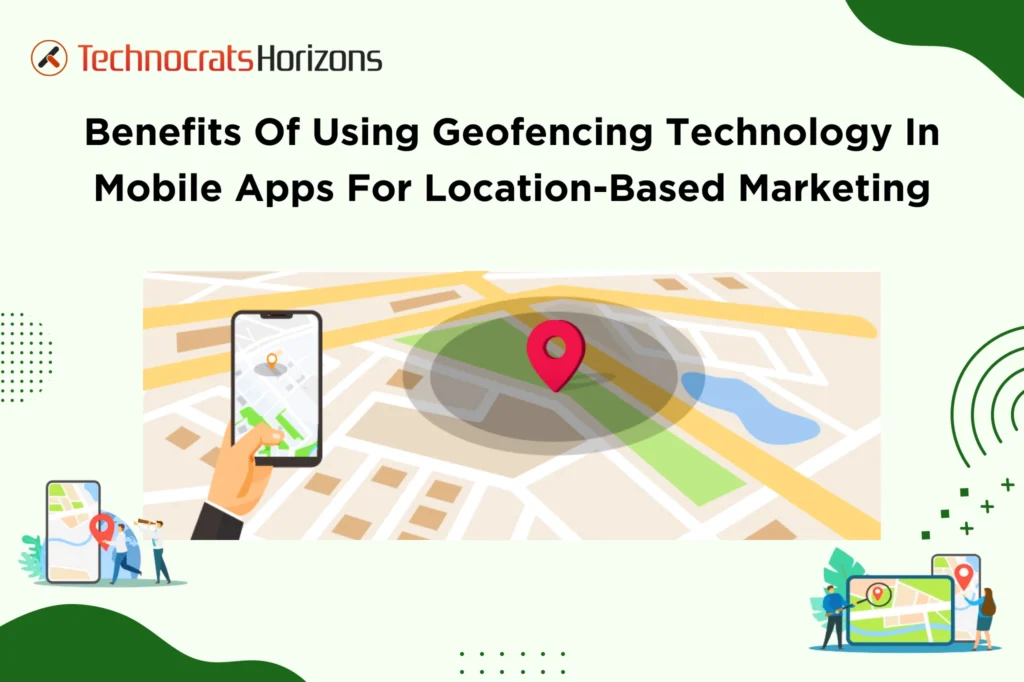
 Request a
Request a












